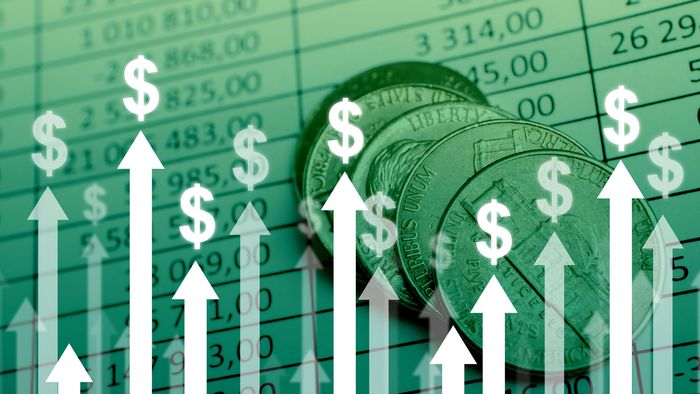With the US inflation rate now at the highest it has been in four decades, after rising 8.5% in March, consumers should brace for resultant economic changes, including rising interest rates, in the months to come.
According to the Bureau of Labour Statistics, the latest inflationary increase represents the highest increase since the year 1981 and follows a surge in the cost of energy and food as evidenced in the US consumer price index.
Owing to the high rate of inflation, the US Federal Reserve could be strong-armed in the coming months to raise interest rates, in an effort to fend off the worse bout of inflation seen in the last 40 years.
Just last month high US inflation forced the Federal Reserve to raise interest rates by a quarter percentage point. In response, the Fed indicated that it would raise interest rates possibly six more times in 2022.
Notwithstanding this, however, as the months progress the Fed will no doubt find itself in a precarious position as far as the economic rollercoaster that is inflation goes.
On one hand, if it raises interest rates too quickly, it risks tipping the United States economy into recession, on the other hand, if it raises interest rates too slowly, inflation could spiral out of control.
So, let’s say the Fed continues as planned and increases interest rates in the coming months, what then?
If you’re concerned about how increasing inflation and interest rates will impact your budget, here are some steps to take to limit future impact:
1. Pay down credit card debt. If you have a credit card balance, make it a priority to pay it down as quickly as possible to avoid rising interest rate charges.
2. Borrow only when necessary. Rising interest rates can often discourage borrowing due to the higher cost associated with the loan, and that’s not always a bad thing. If you’ve been considering taking out a personal loan or using a credit card to buy something that isn’t a necessity, it may be good to reconsider.
3. Improve your credit. If plans to borrow are high on your to-do list, consider taking the time to improve your credit score before you apply. While interest rates are increasing in general, having a high credit score can help you secure a lower rate.
The most important thing is to consider how your borrowing and spending habits impact your financial well-being and adjust your habits according to current economic conditions.

